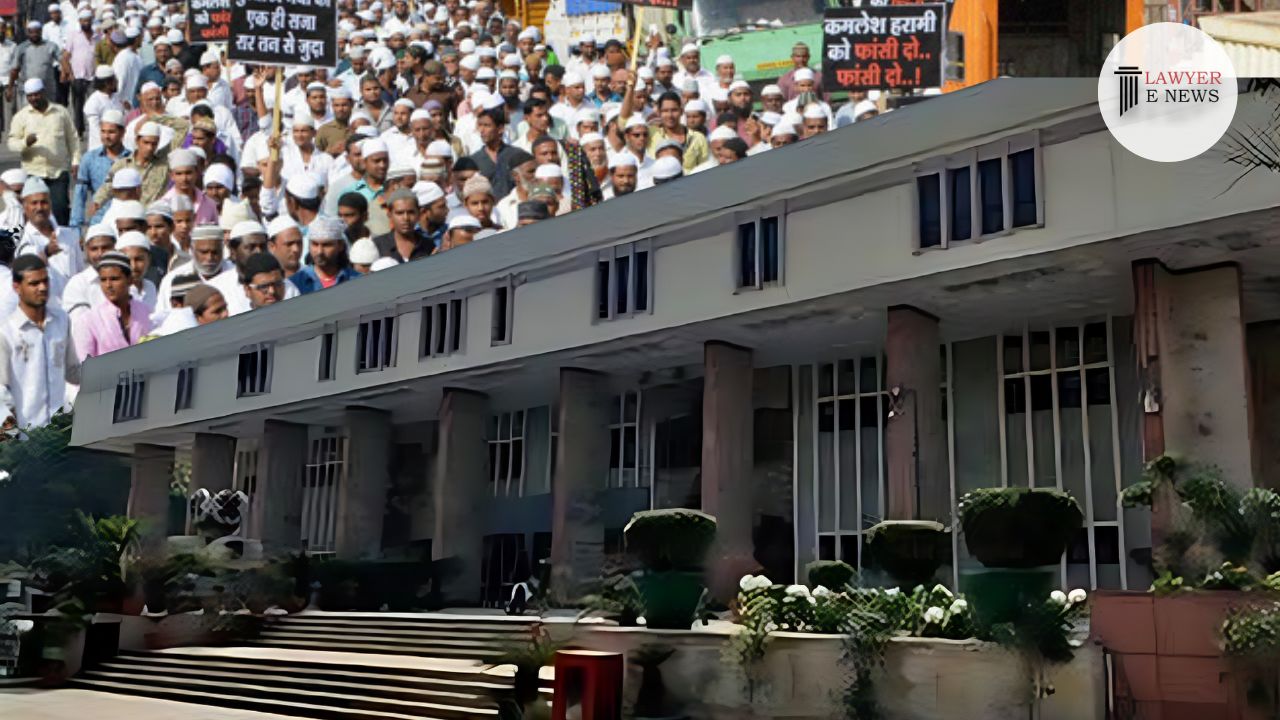-
by sayum
20 February 2026 10:40 AM



In a significant judgment, the High Court of Delhi, presided over by Hon'ble Mr. Justice Suresh Kumar Kait and Hon'ble Ms. Justice Neena Bansal Krishna, has granted divorce to xxx, a celebrity chef, observing that "marriage loses its sanctity when conflicts take the form of disrespect and inconsideration towards their spouse."
The judgment revolves around an appeal filed under Section 19 of the Family Courts Act, 1984, challenging the dismissal of a divorce petition under Section 13(1)(ia) of the Hindu Marriage Act, 1955. The Appellant contended that the behavior of his wife amounted to marital cruelty.
The parties, married in 2008, experienced continual discord marked by allegations of cruelty. The Appellant, a renowned chef, accused his wife, xxx, of physical abuse, humiliation, and baseless allegations affecting his career and public image. The issues primarily concerned whether these actions constituted cruelty under Section 13(1)(ia) of the Hindu Marriage Act.
Marital Discord and Cruelty: The court observed that continuous conflicts, disrespect, and the Appellant’s humiliation and public embarrassment due to false allegations by the Respondent constituted marital cruelty.
Impact on Child and Family Life: The aggressive behavior and verbal altercations of the Respondent in the presence of their minor child contributed to an unhealthy environment, further supporting the Appellant's plea for divorce.
False Allegations: The court held that unfounded accusations by the Respondent, including dowry demands and infidelity, amounted to cruelty, adversely impacting the Appellant's mental well-being and public image.
Financial and Household Responsibilities: The Respondent’s refusal to contribute to household responsibilities, despite not being employed, and her unreasonable demands placed significant strain on the Appellant.
Physical Abuse and Public Humiliation: The Appellant faced physical abuse and public humiliation, including incidents where the Respondent called the police to their home and the Appellant’s workplace, leading to considerable distress.
Decision: The High Court set aside the judgment dated 01.10.2018 of the Family Court and granted divorce to the Appellant under Section 13(1)(ia) of the Hindu Marriage Act, 1955, due to the Respondent's cruelty.
Date of Decision: April 02, 2024.
xxx vs. xxx
